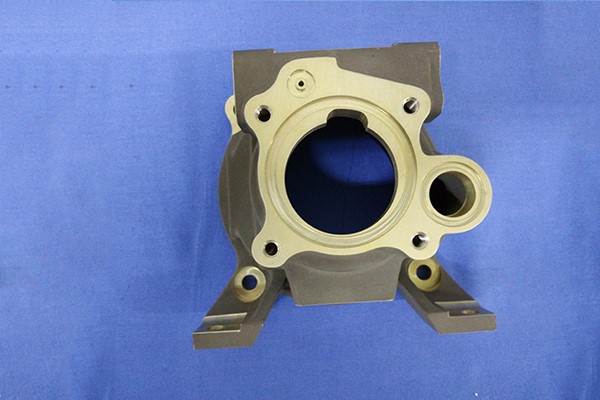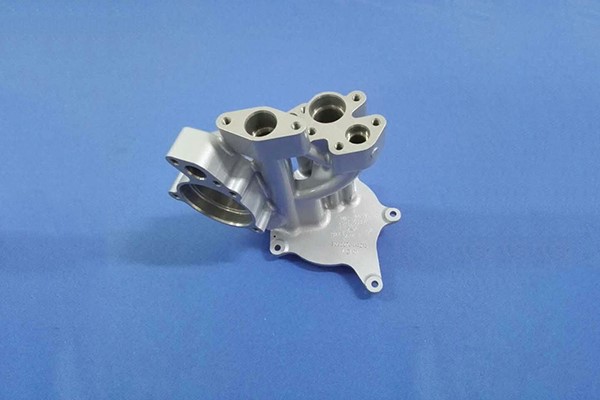Types of Aluminum Used in Investment Casting
One of the most common metals used in investment casting processes is aluminum. Aluminum’s high strength to low weight ratio makes it ideal for industries requiring durable parts that are also lightweight, such as aerospace, medical, and electronics. This metal also has superior corrosion resistance, exceptional electrical and thermal conductivity, a resistance to harsh environments, and a resistance to high temperatures. When aluminum is used for investment casting, the parts have a smooth finish.
Customers may pick from a wide range of aluminum alloy grades for the parts. Let’s review some of the more common grades of aluminum used in investment casting processes.
A356 Aluminum Alloys
A356 aluminum alloys consist mostly of pure aluminum and silicon with the lower additions of magnesium, iron, copper, zinc, and manganese. This alloy provides high amounts of strength, good elongation, and excellent ductility. The A356 grade is considered an all-purpose aluminum because it is used throughout manufacturing industries to make simple and complex parts. It is readily made and available, which helps to lower its costs.

F357 Aluminum Alloys
F357 alloys are foundry-grade metals that contain mainly aluminum, silicon, and magnesium. The alloy does not contain any beryllium, as it may be used as a substitute for other aluminum alloys that contain this metal, such as A357 grades. Properties of this alloy include high strength and heat treatability.
C355 Aluminum Alloys
C355 alloys is a cast-grade aluminum that has higher levels of copper along with aluminum, silicon, iron, magnesium, manganese, zinc, and titanium. It is considered less ductile than A366 yet contains very high strength. This alloy also has good weldability and corrosion resistance.

ALSi10Mg Alloys
ALSi10Mg grades are cast aluminum alloys that have undergone age-hardening (precipitation hardening). This heat treatment process helps to improve the strength of the aluminum by removing additional impurities. This alloy has high corrosion resistance and mechanical strength while possessing low density.
BS L99
The BS L99 aluminum grades conform to British Standards as the castings have been solution treated and precipitation treated. It mainly contains aluminum, silicon, and magnesium. It has high corrosion resistance and good machining properties.
BS L169
The BS L169 is another aluminum grade that conforms to British Standards with the castings artificially aged and solution treated. The metal is very fluid making it ideal for thin-walled castings. It possessed good strength and machinability.
There are many other aluminum alloys that can be used for casting parts. To find out which alloys would be good for your projects, contact Impro.